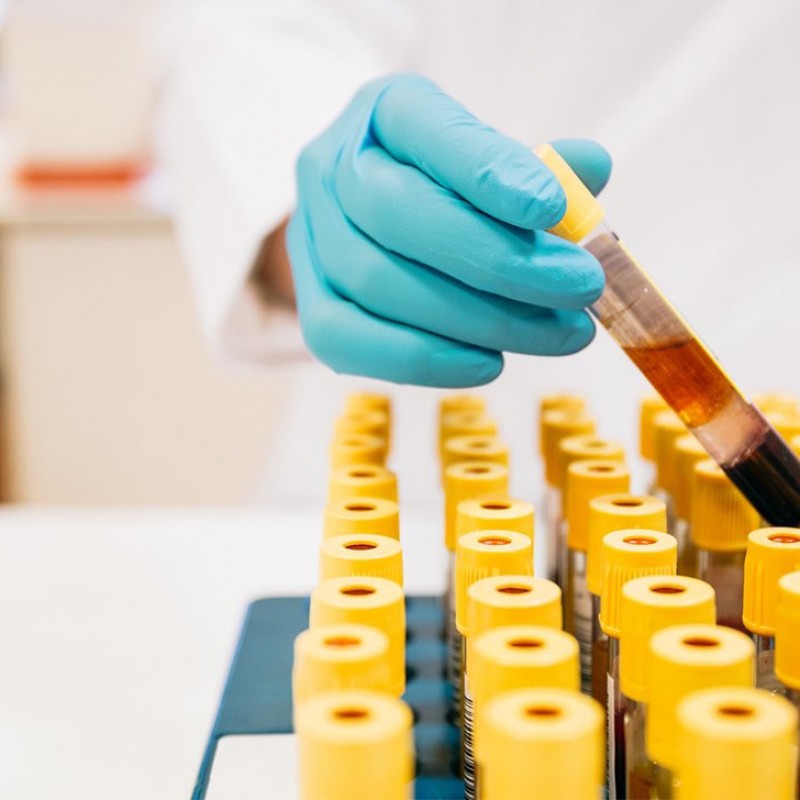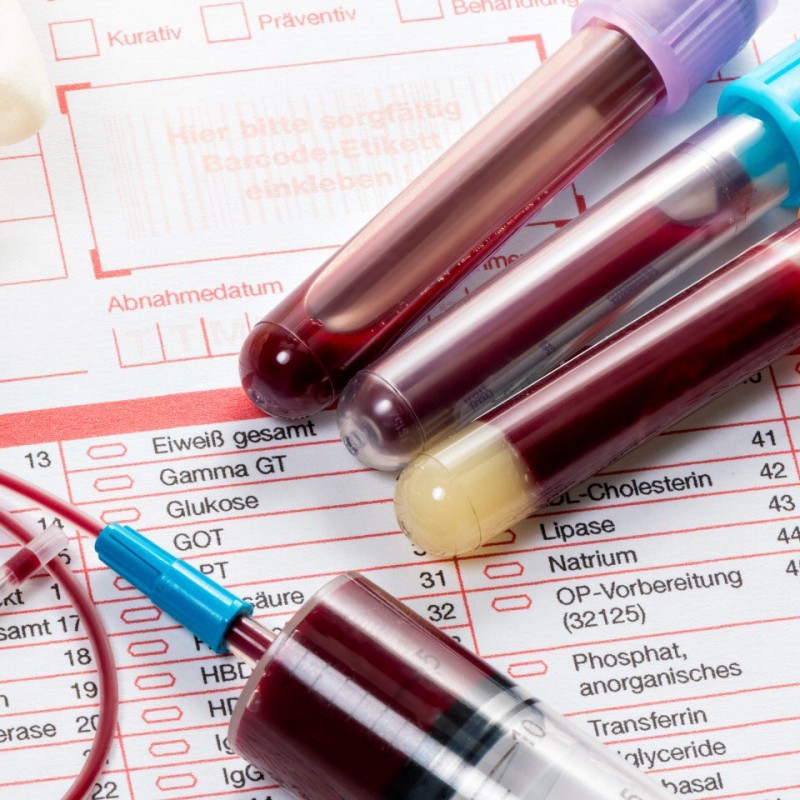It is recommended to visit a doctor from time to time, even if you are in good health. The purpose of these visits is to:
• Detecting medical problems, if any, before symptoms appear
• Assess your risk for future medical problems
• Encouraging a healthy lifestyle
• Update vaccinations
These visits help you avoid problems in the future. For example, the only way to know if you have high blood pressure is to have it checked regularly.
High blood sugar and high cholesterol levels may not have any symptoms in the early stages. A simple blood test can check for these conditions.
Periodic medical examinations from the age of 18 to 39
1. Blood pressure check
Check your blood pressure at least once every two years. If the top number (systolic number) ranges from 120 to 139, or the bottom number (diastolic number) is from 80 to 89 mm Hg, it should be checked every year.
2. Cholesterol check
The recommended ages for cholesterol screening are 35 for those with no known risk factors for coronary heart disease, and 20 for those with known risk factors for coronary heart disease.
If the cholesterol levels are normal, it is recommended to re-examine after 5 years.
3. Diabetes screening
If your blood pressure is 130/80 mm Hg or higher, or your body mass index (BMI) is greater than 25 and you have other risk factors for diabetes, you should be screened.
• Also, if you have other risk factors, such as a first-degree relative with diabetes or a history of heart disease, you will need to be examined.
4. Dental examination
• Go to the dentist once or twice a year for an examination and cleaning. Your dentist will assess whether you need more frequent visits.
5. Breast Cancer Screening
• A mammogram is not recommended for most women under the age of 40.
• If a woman has a mother or sister diagnosed with breast cancer at an early age, annual mammograms are recommended. They should start earlier than the age at which the youngest family member was diagnosed.
Periodic medical examinations from the age of 40 to 64
1. Blood pressure, diabetes and cholesterol as mentioned above
2. Endoscopic colorectal cancer screening:
• After age 45 and every 10 years
• Before the age of 45 in the case of ulcerative colitis or a personal or family history of colorectal cancer or benign tumors
3. Lung Cancer Screening
Annual lung cancer screening with low-dose computed tomography (LDCT) is recommended if:
• Age over 55 years and
• 30 years from the date of smoking and
• If you are currently smoking or have quit within the past 15 years
4. Osteoporosis examination
• It is recommended from 50 to 70 years with risk factors for osteoporosis.
• Risk factors can include long-term steroid use, low body weight, smoking, excessive alcohol use, fracture after age 50, or a family history of osteoporosis.
5. Prostate cancer screening
If you are 55 to 69 years old, discuss with your doctor about the pros and cons of having a PSA test, whether screening reduces death from prostate cancer, and whether there is any harm from prostate cancer screening, such as side effects of the test or overtreatment of the cancer when it is detected. .
6. Breast Cancer Screening
Women between 50 and 75 years old should have a mammogram every one to two years, depending on their risk factors.
Women who have a mother or sister diagnosed with breast cancer at a younger age should have a scan annually earlier than the age at which the youngest family member was diagnosed
7. Cervical cancer screening
• Women between 30 and 65 should be screened with either a Pap test every 3 years or an HPV test every 5 years.
• Women between 65 and 70 can stop having Pap tests as long as they've had three normal tests in the past 10 years.


